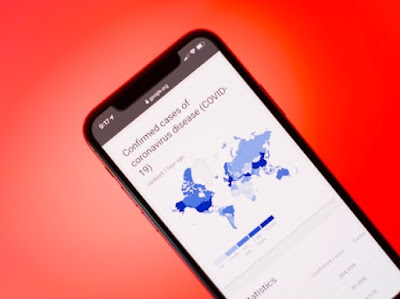By Lilian H. Hill
Algorithms were essential in maintaining educational activity during the pandemic isolation that caused many students to learn from home through educational technology. We are only just finding out what has been gained and lost in terms of students’ learning, knowledge, and abilities. I heard a recent NPR report about children entering kindergarten who were lacking in knowledge, social skills, and even fine motor coordination because they had spent so much time interacting with devices (Feiereisel, 2022). Adult students may have similarly lost ground in learning, but the results are much harder to track because adults are learning in more diverse settings and are working toward many different goals).
The OECD (2021) estimates that “many forms of learning, in particular informal learning, were inevitably lost, as workplaces remained physically closed,” educational institutions switched to remote learning, and people were isolating themselves to protect their health. Reliance on technology for educational delivery magnified the digital divide.
References
Feiereisel, A. (2022, December 1). Kindergarten teachers observe speech and physical delays in young students. NPR Radio Broadcast. https://www.wbur.org/hereandnow/2022/12/01/kindergarten-student-delays
OECD (2021, March 25). Adult Learning and COVID-19: How much informal and non-formal learning are workers missing? https://www.oecd.org/coronavirus/policy-responses/adult-learning-and-covid-19-how-much-informal-and-non-formal-learning-are-workers-missing-56a96569/#snotes-d4e393




